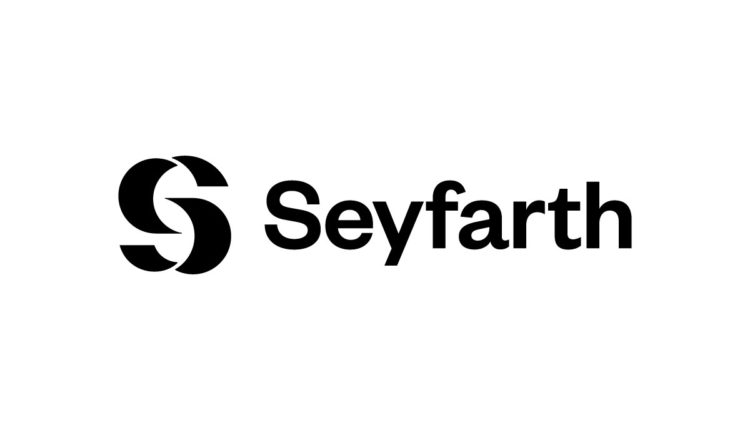Contents of Seyfarth: New York City has joined a growing list of jurisdictions to establish a mandatory auto-IRA retirement savings program for private sector employers who do not offer employees access to a retirement plan. In doing so, it becomes part of a trend of providing opportunities for employees who do not have access to an employer-sponsored plan to save for retirement during their working years through a payroll deduction process.
Three states – California, Oregon and Illinois – have established and operated such programs at the state level, with covered employers required to automatically enroll employees in IRA pension savings accounts. The California CalSavers program recently prevailed in the U.S. Court of Appeals for the ninth round against the challenge that the program was upgraded by ERISA. The primary grounds for this decision are that the program is not run by a private employer and that employers who maintain ERISA pension plans are excluded from the program (therefore there is no disruption to the ERISA plan).
Several other states have begun to implement similar programs, in some cases mandatory, and in others (such as the state of New York) voluntarily. What all programs seem to have in common is that they create a steering committee to manage the program and then leave it to work out the details of implementation.
New York City legislation follows the same pattern – one law establishes a program and the other establishes a “pension savings committee” to implement and oversee the program. The program applies to private sector employers located in the city and employing at least five employees who do not currently offer a retirement plan such as a 401 (k) plan or a retirement plan. The default employee contribution rate, which will apply to employees 21 years of age or older and working at least 20 hours per week, is set at 5%, although the employee may choose a higher rate (up to an annual IRA maximum) or a lower rate ( including none).
Although the city legislation enters into force 90 days after its adoption (ie in August 2021), the program will not enter into force until it is implemented by the Pension Savings Committee, which should last as long as two years. Furthermore, the program will not take effect if the city advisor to the corporation determines that there is a high probability that the program will conflict or ERISA will be prevented. Such a determination should take into account the decision of the Ninth Round, given the strong similarity between the city program and the CalSavers program.
Like several other states, New York State has approved the New York State Secure Choice Savings Program, but the New York State program differs from most other such programs by using Roth’s (after-tax) IRAs that have a contribution limit to contributors, although employees targeted by the program are unlikely to exceed such a limit. Further, the New York State program is voluntary – no employer is required to make it available to employees.
There should be no conflict between the city program and the New York State austerity program, because the current state program is voluntary. However, there are current proposals to make the New York State program mandatory, in which case conflict could arise. Even under New York State’s current program, it is unclear whether the City would accept Roth IRA contributions as fulfilling the city’s mandate, leaving aside questions about the contribution rate and which employers and employees are covered.
A frightening operational difficulty for city employers is that Connecticut and New Jersey have approved, but have not yet implemented, mandatory auto-IRA programs for employers located in those states, although Connecticut has reportedly launched a pilot program in July 2021. programs exclude employers who maintain an ERISA retirement plan, there may be employers located in a New York City area whose employees will be subject to different mandates depending on whether they are employed in New Jersey, Connecticut, or the city itself, and all will require compliance by that employer, but with possibly different rules.
Currently, an employer from New York doesn’t have to do anything. We are monitoring developments related to this new program, including the decision of the corporate consultant whether or not there is a high probability that ERISA will take over the program from New York and will submit a report.

